Without peers, it’s hard for Deaf and hard of hearing children to understand their identity or where they truly fit in.
Do you remember the game Marco Polo? The one where whoever is It has to close their eyes and count while everyone else is randomly in different places around the swimming pool. It yells, “Marco!” and everyone else has to yell, “Polo!” so It will go try to tag the other players based on where their voices are coming from.
As an avid hearing-aid-wearing kid swimming without my hearing aid, I was not a fan of this game. I certainly didn’t want to be It. But I didn’t want to tell my friends I couldn’t hear them in the pool either. So I played along, and yes I assumed the dreaded role of It from time to time.
Of course, the other kids thought I was nuts. I’d yell, “Marco!” and they’d respond, “Polo!” Then they’d watch me blindly doggie-paddle past them to the deserted end of the pool, attacking the pool floaties. After awhile, I assumed their brains got numb from the drone of their own hysterical laughter watching my pathetic lack of voice-navigation skills. Mercifully, they’d either get bored and move on to another game or the moms would be yelling for everyone to come home for dinner.
Fortunately, as New York experiences all four seasons, pool usage is limited to 2 months, and kids’ attention spans are short so it didn’t often enter anyone’s stream of consciousness that I NEVER did tag anyone.
So what’s wrong with this story? How could they not know I was deaf? How did a kid who has experienced deafness from birth, not be able to explain to friends I couldn’t hear them in the pool?
No identity
For one thing, the difference in my ability to hear with my hearing aids on compared to when I wasn’t was night and day. Without them, I couldn’t hear much. With them I could hear a lot. I could hear their voices, and then piece together what they said through a combination of the sound input, lipreading, and other visuals. I spoke without a “deaf accent” which was attributed to being able to hear higher pitches. What I couldn’t understand, I’d bluff my way through. But there were no obvious signs to them that I was deaf. And I didn’t know any different, so I just did what I did.
I kept up, barely sometimes. It seemed good enough for what I knew then.
But I know what I know now and I see all I missed out on.
I had no Deaf identity.
In between worlds
As a young kid, I had no opportunity to cultivate a Deaf identity and I’ve seen a lot of hard of hearing children walk this path. Their hearing differences may not be as obvious as a profoundly deaf child’s so they may “blend in” with hearing peers, using typical speech, enjoying music, perhaps using the phone, etc.
If you are comparing yourself to a norm and you are the different one, it can cause you to feel as if you are the weak one – the one who “needs help”. How is it possible for someone to have high self esteem if they are constantly thinking of themselves this way. I really get how people can feel ashamed. As a kid, there was just NO WAY I was going to say I needed some special help with something. But honestly, I hated being accused of just not paying attention.
Role models
I did not meet anyone else who was Deaf or hard of hearing until I was in 4th grade. I had just started in a new school and learned there was another girl in my class that also had a hearing aid. She was a pretty, friendly, popular girl who would get pulled out of class for a short time each day. I asked her about it and she told me she would go meet with a different teacher then because she had “a hearing problem”. How was this not a secret? These kids all KNEW this about her? I was impressed by her confidence. She was my first true peer and role model.
Later, I met her older sister – who was deaf. Also pretty, and popular, and a cheerleader, she WORE HER HAIR UP! I could see her hearing aid and she was not ashamed. Hey, maybe I didn’t have to be either? Her confidence influenced me and I felt like I was a part of something to be proud of.
Over the years, my friend Kim, her mom Alice and older sister Kristin were instrumental in understanding my identity. It didn’t necessarily have anything to do with the signing deaf community (yet) because none of us signed then. (Although, Kristin and I do now). It had to do with solidarity and not having to hide something.
For the first time, I knew I wasn’t alone.
Opportunities for Celebrating Deaf Identity
Deaf and hard of hearing kids deserve true peers and role models. They need to know there are lots of others like them and what Deaf people grow up to be. If they don’t find them as children, they usually find them as adults. Until then, they’re always going to be the different one, even if it’s not obvious.
There’s a feeling of same-ness in my relationships with other deaf and hard of hearing people that is unparalleled. A wonderful place for kids to begin cultivating these friendships is summer camp. Here are some great ones!
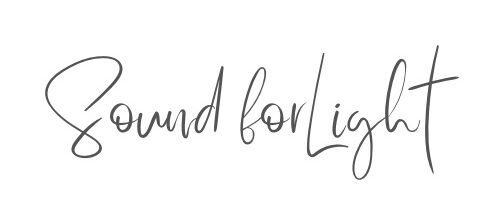
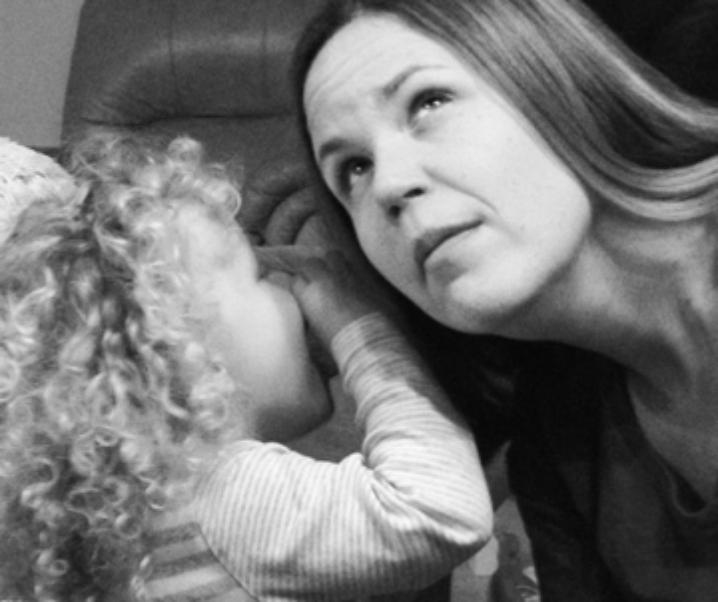
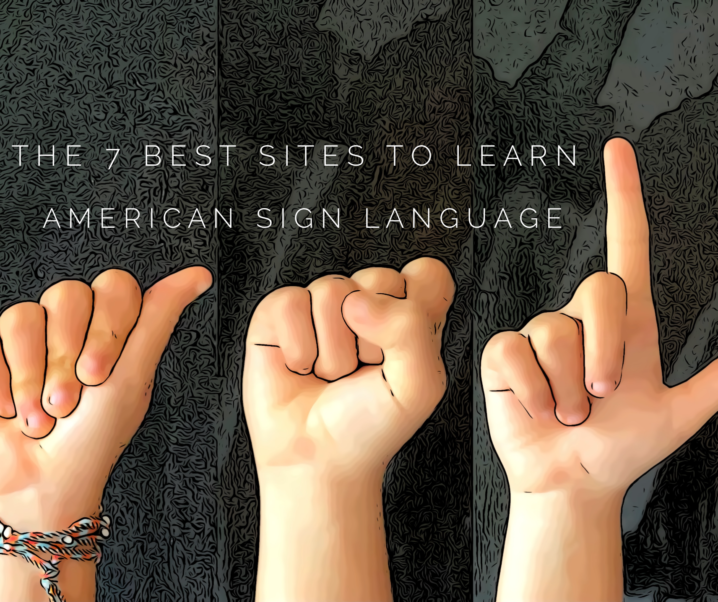
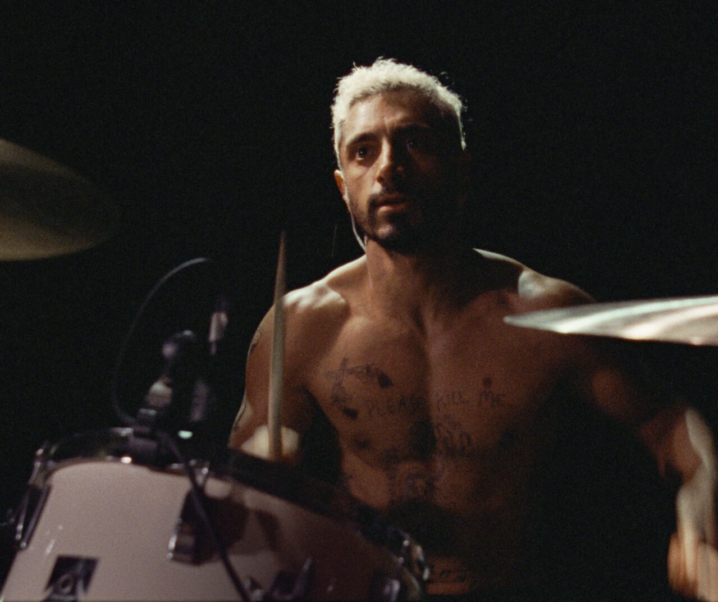
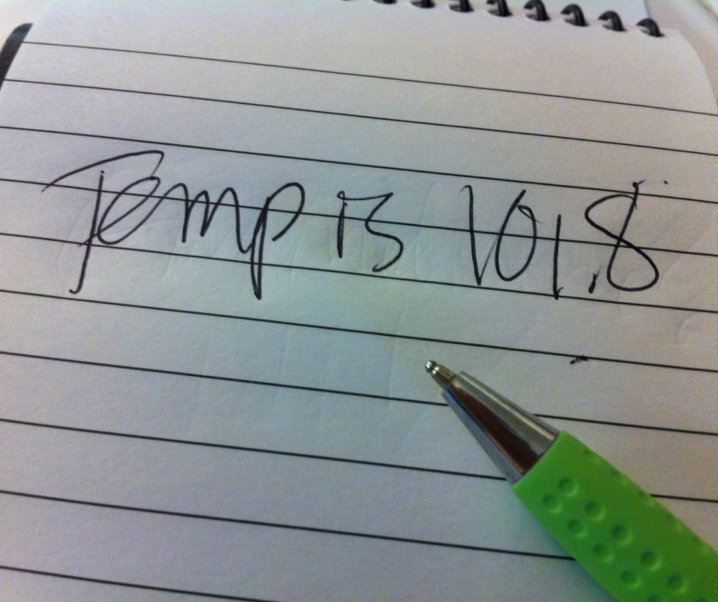
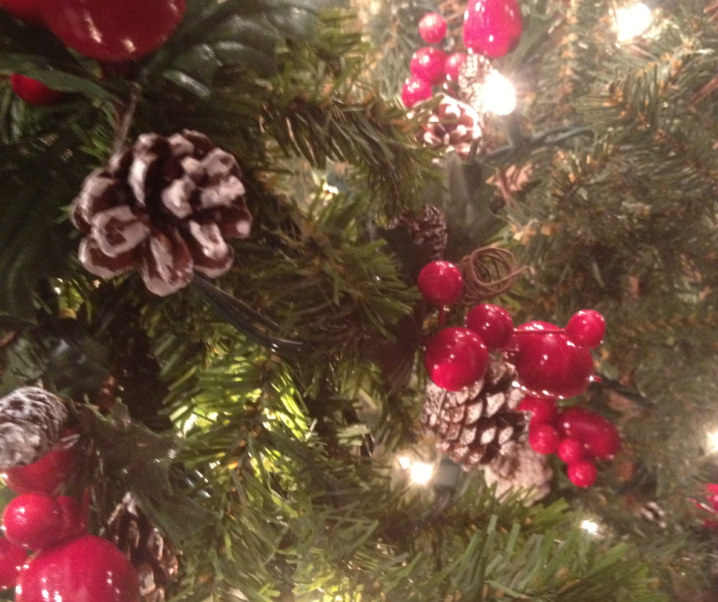
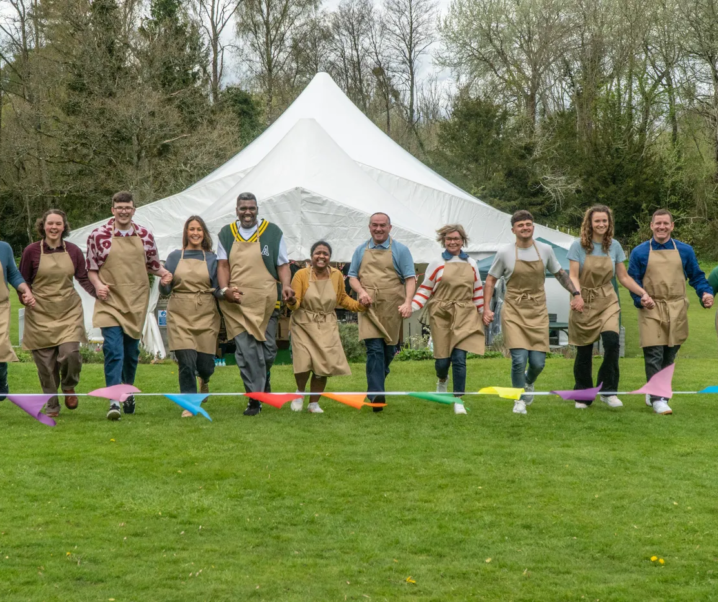
What do you think?